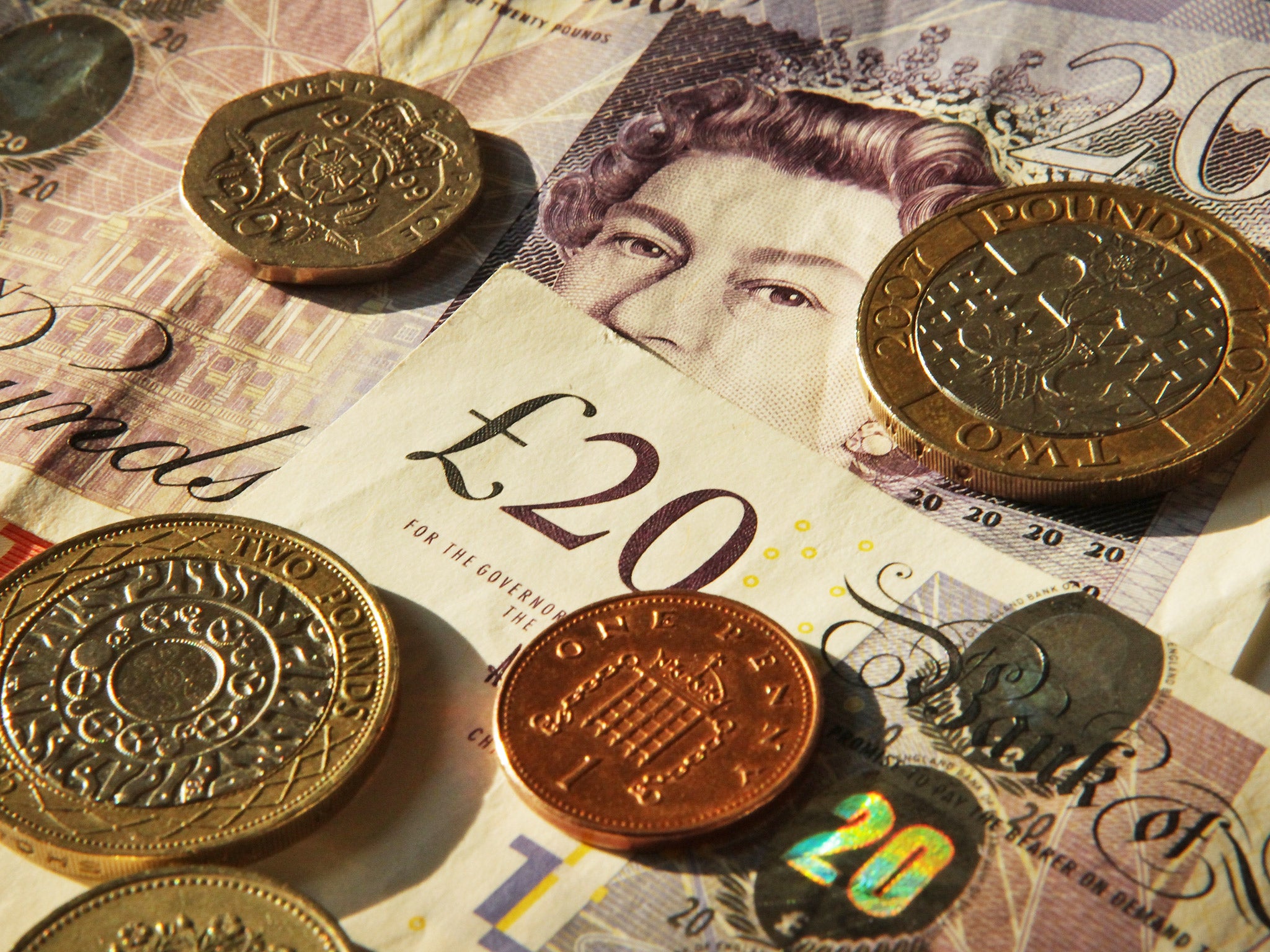UK's sharp rises in minimum wage did not hurt jobs or increase prices, government study finds
Extra costs mostly absorbed by companies through lower profits

Your support helps us to tell the story
From reproductive rights to climate change to Big Tech, The Independent is on the ground when the story is developing. Whether it's investigating the financials of Elon Musk's pro-Trump PAC or producing our latest documentary, 'The A Word', which shines a light on the American women fighting for reproductive rights, we know how important it is to parse out the facts from the messaging.
At such a critical moment in US history, we need reporters on the ground. Your donation allows us to keep sending journalists to speak to both sides of the story.
The Independent is trusted by Americans across the entire political spectrum. And unlike many other quality news outlets, we choose not to lock Americans out of our reporting and analysis with paywalls. We believe quality journalism should be available to everyone, paid for by those who can afford it.
Your support makes all the difference.Britain's sharp rises in its minimum wage have not resulted in a cut in jobs or higher prices for consumers, research by the government's low-pay watchdog has found.
The Low Pay Commission found that employers tended to absorb higher costs from the increase in the pay floor "through a reduction in profits" and that inflation data "does not reveal significant effects" on prices.
The government has increased the minimum wage sharply since April 2016, raising it from £6.70 to £8.21 today. It is set to reach £8.72 in April, meeting the target of 60 per cent of median earnings for the first time.
Despite official forecasts at the policy's announcement that it could lead to a reduction in jobs, the Commission said evidence over the last few years showed there had been "no such effect".
"We pay close attention to the evidence on the national living wage's impact on jobs," the Commission said in its annual report published at the start of 2020.
"In 2015, when the rate was announced, the Office for Budget Responsibility forecast it could lead to 20,000-110,000 fewer jobs than without the NLW by 2020.
"This was in the context of a forecast increase in employment of around 1.4 million between 2014 and 2020 – which has turned out to be an underestimate, with 2.1 million jobs created since.
"Our research on employment effects suggests the initial introduction of the NLW had an effect on the employment retention of female part-time workers. However, the evidence indicates subsequent up-ratings have had no such effect."
The Commission added: "The labour market for National Living Wage workers is generally positive. There has been stronger employment growth for groups of workers who are more likely to be paid the NLW."
The LPC recommended an even faster rise in the minimum wage for 2020, which it said would be "the largest cash rise" in the history of the policy, which was first introduced in 1999.

The research by the Commission was based on an analysis of economic and labour market data, six regional visits around the UK to various employment centres, the commissioning a range of independent research projects, and regular meeting and consultations with organisations and stakeholders.
The evidence is interesting in the context of the US presidential election, where hopeful Bernie Sanders and other Democrats have suggested a $15 (£13.28) federal minimum wage across the United States.
At the 2019 general election Labour has suggested raising the minimum wage to £10, including for under 18s. The existing highest level of minimum wage only applies to workers aged over 25 years, with lower rates for younger aged groups.
Commenting on the analysis, Conservative business minister Paul Scully said in a written statement: "To date, the Low Pay Commission have found that the minimum wage has increased pay for the lowest earners without harming employment."
Join our commenting forum
Join thought-provoking conversations, follow other Independent readers and see their replies
Comments